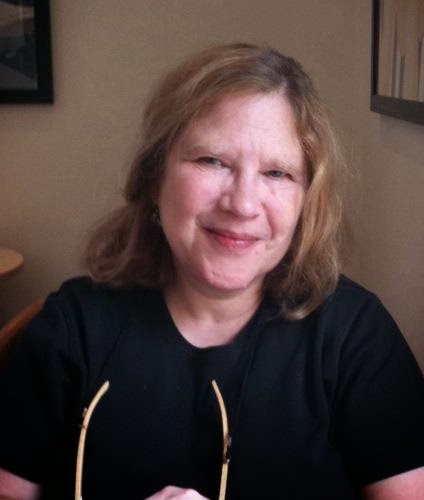The Ambiguity of "Neurotheology" and its Developing Purpose

by Shaunesse' Jacobs The following post is part of a special series emerging from Contemporary Issues in Neuroethics, a graduate-level course out of Emory University’s Center for Ethics. Shaunesse' is a dual masters student in Theological Studies and Bioethics at Emory and her research interests lie in end-of-life care and religious practices surrounding death and dying. Are religion and spirituality authentic belief systems that have thrived for millennia because of their truth? Or are they simply constructs of the brain to help humanity cope with the unknown? With the advancement of science, can religion and science work together to understand humanity? What do religion and science have to say collectively that has not been said individually? These questions continue to be asked with each scientific advancement, and even more so now that neurotheology is beginning to develop as a sub-discipline of neuroscience. Neurotheology is generally classified as a branch of neuroscien...


